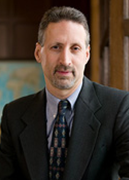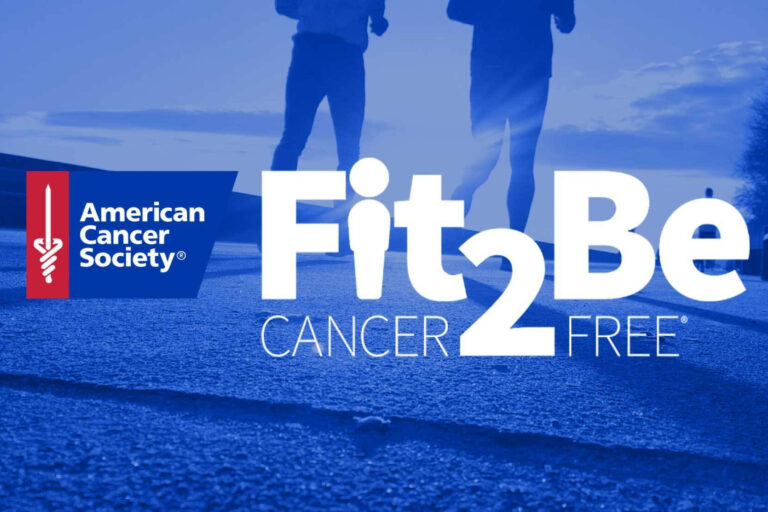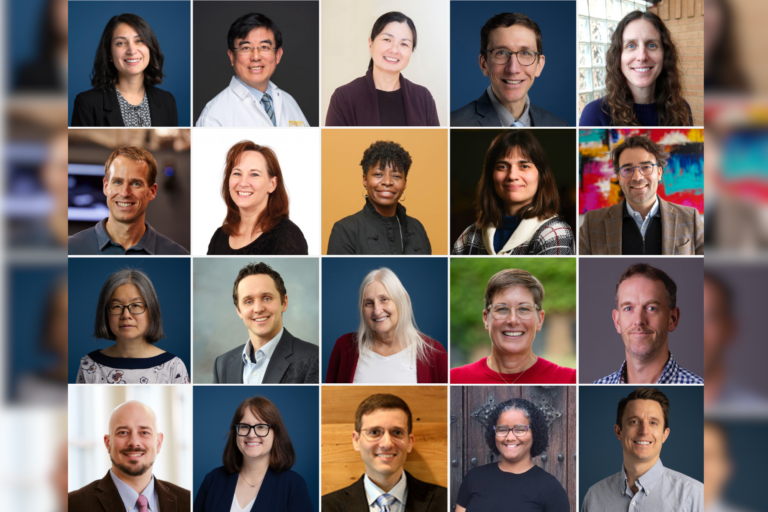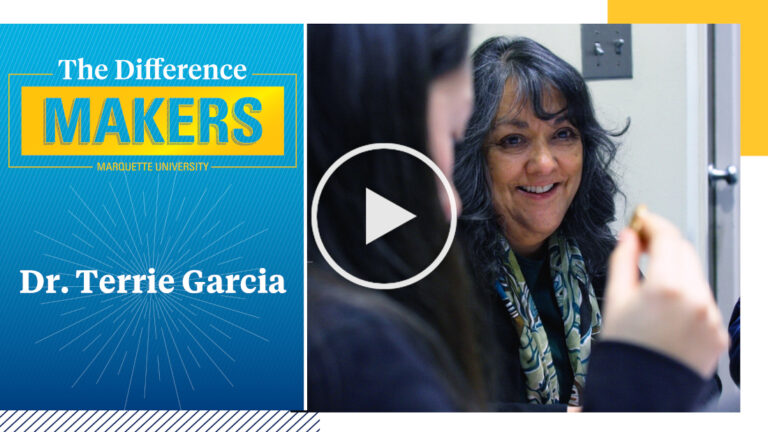In 2021, the Fulbright Program celebrates 75 years of positive impact on the lives of individuals as well as on global and local communities. The Fulbright U.S. Scholar Program offers more than 400 teaching, research or combination teaching and research awards in over 135 countries. Opportunities are available for college and university faculty and administrators as well as for professionals, artists, journalists, scientists, lawyers, independent scholars and many others. Fulbright has been an exceptional opportunity to enrich education, advance careers, and make meaningful contributions to society through their international fellowships.
In the last weeks before this year’s application deadline of Sept. 15, we will share some of Marquette’s long, rich history with Fulbright by highlighting some stories of our own Fulbrighters.
If interested in applying for a prestigious Fulbright Fellowship in 2022-23, you can visit the Fulbright website or contact Averia Flasch, Marquette’s liaison for Fulbright Scholars.
This week’s highlight is Dr. H. Richard Friman, Elliot Fitch chair, international studies and professor, political science.
Dr. Friman held a research fellowship at the National Research Institute of Police Science (NRIPS), University of Tokyo in Japan (1994-95). Here is a glimpse into his Fulbright experience:

If training with martial artists in the morning mists of Japanese forests is not a life affirming experience, we aren’t sure what is.
Dr. Friman spent two semesters in Japan researching immigration and crime in his host country, specifically exploring patterns of politicization of immigration and aspects of policing practice. The Fulbright opened up access to policy makers and practitioners for his own fieldwork, which ultimately led to multiple publications and an expanded scholarly network as well as providing material for his teaching when he returned to Marquette. As the first foreign scholar to have such a research position in the NRIPS office, he opened doors for those who would follow.
Although Friman had previous, albeit shorter trips to Japan, the Fulbright really provided him “the opportunity of time” to learn and become part of the host community. Punctuating his stay in Japan were the Great Hanshin Earthquake and the Sarin gas subway attack in downtown Tokyo—a tragedy that he managed to narrowly avoid.
When asked if others should apply for a Fulbright, Friman replied succinctly, “Do it. Being a Fulbright abroad opens doors for research and learning about countries of interest in ways that you cannot imagine.”
This story, and others, can be found on the Office of Research and Sponsored Programs Fulbright website along with additional information about applying for the fellowship.


